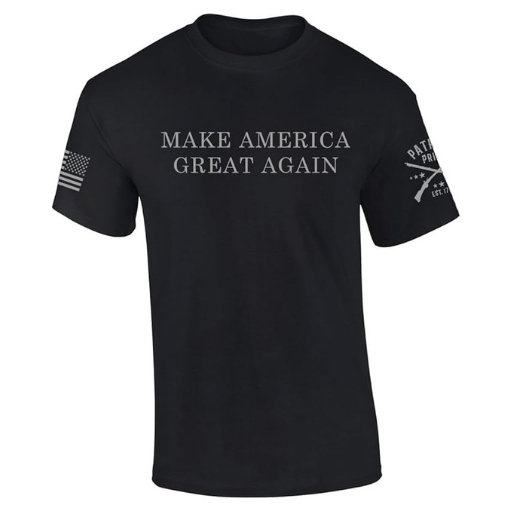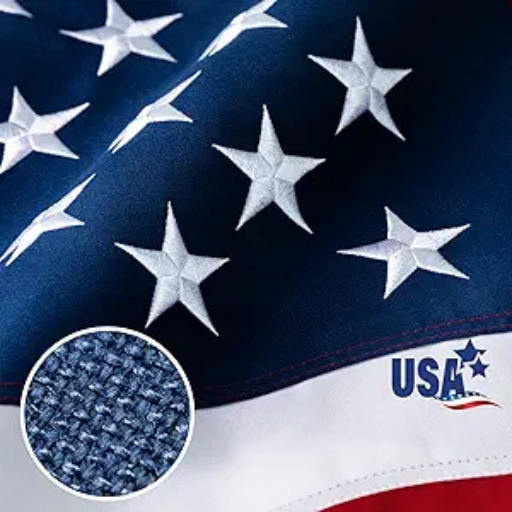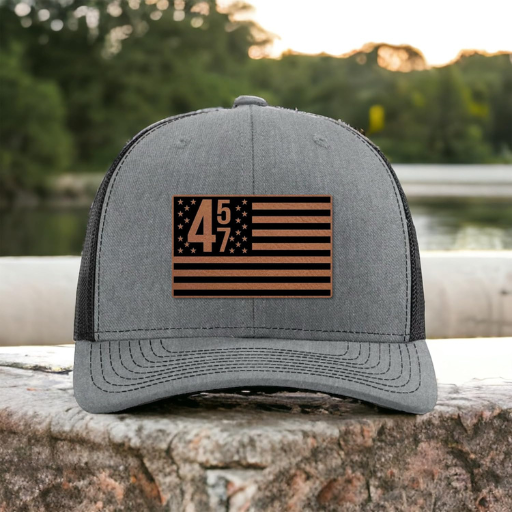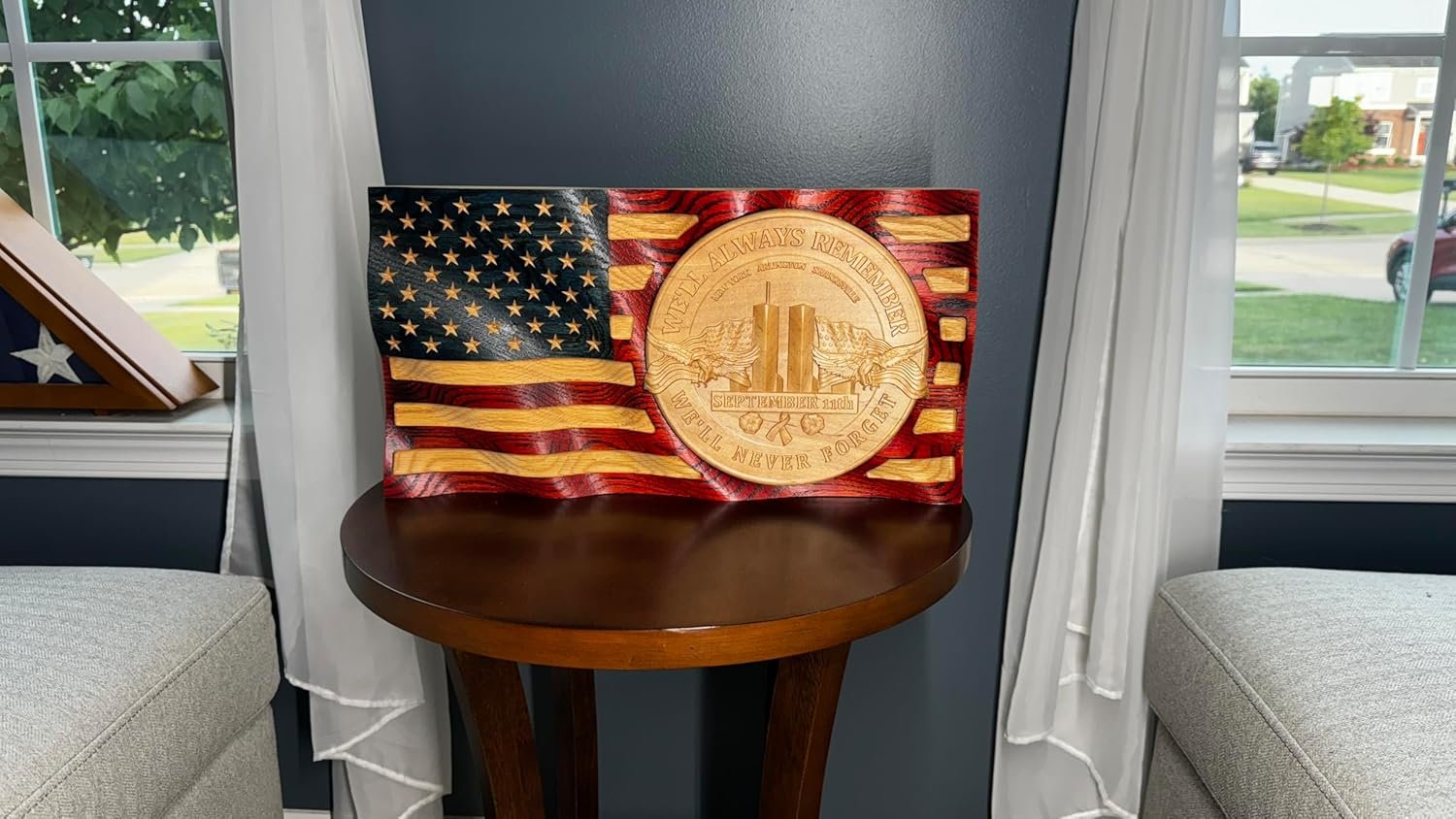The History Behind Iconic American T-Shirt Designs
T-shirts have come a long way from being simple undergarments to becoming one of the most popular and influential forms of self-expression in fashion. They tell stories, represent culture, and even serve as canvases for art. Iconic American T-shirt designs, in particular, have become symbols that transcend trends. But how did this beloved piece of clothing evolve to become a staple of American culture?
In this article, we’ll explore the history behind iconic American T-shirt designs, tracing their roots from humble beginnings to their status as symbols of freedom, individuality, and expression. So, whether you’re a casual shopper or a T-shirt enthusiast, you’re about to take a fascinating journey into the world of American T-shirt designs.
Table of Contents about Iconic American T-Shirt
The Origins of the T-Shirt
Believe it or not, the T-shirt was originally not meant to be a fashion statement. It was a practical piece of clothing that dates back to the late 19th century. The T-shirt was initially used as an undergarment worn by workers, soldiers, and sailors. It was made from lightweight cotton to ensure comfort in hot conditions.
During World War II, the T-shirt made its way into mainstream American fashion. Soldiers found it to be a comfortable alternative to the heavy uniforms they wore, and as a result, it began to appear in civilian life after the war.
T-Shirts in the Military: A Symbol of Comfort and Utility
The military played a huge role in popularizing the T-shirt. During the 1940s, soldiers were issued plain white cotton T-shirts as part of their standard-issue uniforms. These T-shirts were not designed to be fashionable; instead, they were practical and comfortable, perfect for the heat of the battlefields.
However, the T-shirt’s presence in military life led to it being associated with American masculinity and patriotism. As soldiers returned home from World War II, they brought the T-shirt with them, and its popularity grew among civilians.![]()
The 1950s: T-Shirts as Pop Culture Icons
The 1950s were a transformative decade for T-shirt design. Movie stars like Marlon Brando and James Dean helped make the T-shirt synonymous with youth rebellion and coolness. The simple, fitted T-shirt became a symbol of nonconformity, and it was worn as a statement of individuality.
At this time, T-shirts began to transition from plain white garments to more colorful and expressive designs. This era marked the beginning of T-shirts becoming more than just a piece of clothing – they started to tell a story, represent a lifestyle, or make a statement.
The Rise of Graphic Tees in the 1960s
The 1960s was a decade of change in America, and the T-shirt became a canvas for that cultural transformation. The rise of graphic T-shirts, which featured everything from political slogans to psychedelic art, captured the spirit of the time.
The 1960s was also the decade when T-shirts became associated with the counterculture movement. Designs reflecting peace, love, and anti-war sentiments became widely popular. Bands, activists, and artists alike began using T-shirts as a way to communicate messages to the public, and it was in this era that the T-shirt truly became a medium for artistic expression.
1970s and 1980s: The Golden Age of Band T-Shirts
One of the most enduring trends in the history of American T-shirt designs is the rise of band T-shirts in the 1970s and 1980s. As rock ‘n’ roll exploded in popularity, fans began wearing T-shirts emblazoned with their favorite band’s logo or album cover. These T-shirts quickly became a way for music lovers to show their allegiance to a particular artist or genre.
Band T-shirts were not just about showing support – they also became a way for fans to express their identity. Whether it was the punk scene, heavy metal, or pop, T-shirts became a part of the cultural fabric of the music world.
T-Shirts in the 1990s: The Birth of Streetwear
In the 1990s, the T-shirt’s influence expanded even further as streetwear culture emerged. The blending of hip-hop culture with fashion led to the creation of bold, graphic T-shirts featuring logos, urban art, and brand names. Labels like Supreme, Stussy, and Tommy Hilfiger began using T-shirts as a key part of their collections, and T-shirts became a major part of street fashion.
During this time, the T-shirt evolved from being a casual piece of clothing to an essential part of fashion culture. Wearing the right T-shirt became a statement, an identity marker, and a form of self-expression.
Conclusion of the Iconic American T-Shirt
The history behind iconic American T-shirt designs is rich, colorful, and deeply intertwined with the fabric of American culture. From their humble beginnings in the military to their current status as fashion icons, T-shirts have always been about more than just clothing. They are a means of self-expression, a canvas for creativity, and a powerful way to make a statement. Whether you wear them for comfort, fashion, or to represent your values, the iconic American T-shirt is a timeless piece of American culture that will continue to evolve and inspire.
FAQs about Iconic American T-Shirt
- What makes a T-shirt design iconic? Iconic T-shirt designs often capture a specific cultural moment or symbolize an important social or political cause, making them resonate with a wide audience.
- Are graphic T-shirts still popular? Yes, graphic T-shirts remain a popular choice for fashion lovers, particularly with the rise of custom T-shirt designs and personalized fashion.
- How can I design my own iconic T-shirt? To create your own iconic T-shirt, focus on originality, creativity, and relevance. Consider incorporating messages or symbols that speak to a wide audience or represent a current trend.
- What are the most popular types of T-shirt designs today? Band T-shirts, political statements, vintage designs, and minimalist graphics are among the most popular T-shirt designs today.
- Are T-shirts a good investment for a clothing business? Yes, T-shirts are a great investment for clothing businesses due to their versatility, low production cost, and broad appeal. Iconic designs can help create a loyal customer base.








